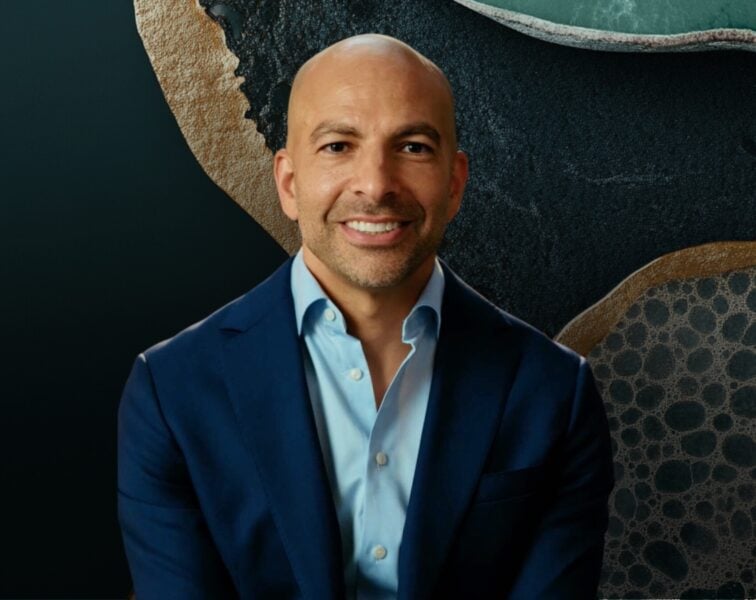In this episode, Dr. Eric Topol, founder and director of the Scripps Research Translational Institute, shares how artificial intelligences and deep learning is currently impacting medicine and how it could transform the healthcare industry not only in terms of the technological advancements, but also in restoring the patient-doctor relationship for better patient outcomes and experiences. We also discuss Eric’s rich and fascinating career in cardiology as well as his involvement as one of the first outspoken researchers to question the cardiovascular safety of Vioxx.
Subscribe on: APPLE PODCASTS | RSS | GOOGLE | OVERCAST | STITCHER
We discuss:
- Eric’s background and his source of interest in cardiology [3:15];
- The US medical field’s resistance to technological change and learning from other healthcare models [11:30];
- Eric’s mission at the Cleveland Clinic [20:45];
- How Eric helped to elucidate the issues with Vioxx (and why he came to regret it) [30:00];
- How Eric came to found one of the most influential research centers in the world [47:45];
- How AI and deep learning is currently impacting medicine, and the future possibilities [56:45];
- Gut microbiome—Its role in health, impact on glycemic response and fuel partitioning, and how deep learning could improve our research and treatment [1:18:00];
- Why machines combined with human doctors is superior to one without the other [1:32:15];
- How AI and machines can reinstate medicine as an attractive career (and alleviate physician burnout) [1:37:00];
- Eric’s dream experiment [1:47:30] and;
- More.
Get Peter’s expertise in your inbox 100% free.
Sign up to receive An Introductory Guide to Longevity by Peter Attia, weekly longevity-focused articles, and new podcast announcements.
Eric’s background and his source of interest in cardiology [3:15]
- Eric originally had an interest in medicine (endocrinology, specifically) as his father had type 1 diabetes
- Intended to do a diabetologist residency at UC San Francisco but was inspired by UCSF cardiologist Dr. Kanu Chatterjee and Eric changed his path
- Cardiology is a very broad discipline with many, many subspecialties
- The downsided being that the general cardiologists, the ones who look out for the overall cardiovascular health of the patient and generally advocate against unnecessary procedures, don’t get enough “respect”, says Eric
A breakthrough in heart monitoring
- Eric was part of the group that realized that patients did not have to be monitored in hospital to get a 12-lead cardiogram
- In fact, even to this day, people are having to wear a Holter monitor which was created in 1950
- But we are getting away from that and Eric sees this as the entry point to a bright future in wireless heart monitoring
“20 years ago was kind of the entry point – where we just first dedicated wireless company card units – and it’s just where we’re going to build from to ultimately eradicate the need for most hospital rooms, which is a pretty big deal and it’s probably the most transformative aspect of where we’re headed because that’s the number one item for healthcare cost” – Eric Topol, M.D.
The US medical field’s resistance to technological change and learning from other healthcare models [11:30]
- The medical field is generally resistant to change and it takes longer to adopt something new, exemplified by the lack of embracement of digitalization, which could lower costs
- Change only occurs when it is tied to markedly improved reimbursement…
{end of show notes preview}
Would you like access to extensive show notes and references for this podcast (and more)?
Check out this post to see an example of what the substantial show notes look like. Become a member today to get access.

Eric Topol, M.D.
Dr. Eric Topol is a cardiologist, geneticist, and digital medicine researcher. Prior to moving to Scripps in 2006, Eric served as Chairman of cardiovascular medicine at the Cleveland, leading it to become the number one center for heart care and was the founder of a new school of medicine. At Scripps he was also the founder and serving director of the Scripps Research Translational Institute. In 2019, he authored his third book, Deep Medicine, in which he submits that medicine has become void of human connection and argues that AI can empower physicians and revolutionize patient care. His principal scientific focus has been on the genomic and digital tools to individualize medicine. Topol was notably awarded an NIH prospective research grant and to be a lead in the All of US research program, which aims to make advancements in tailored, individual healthcare. Eric is also the the editor-in-chief of Medscape.
Twitter: @EricTopol



